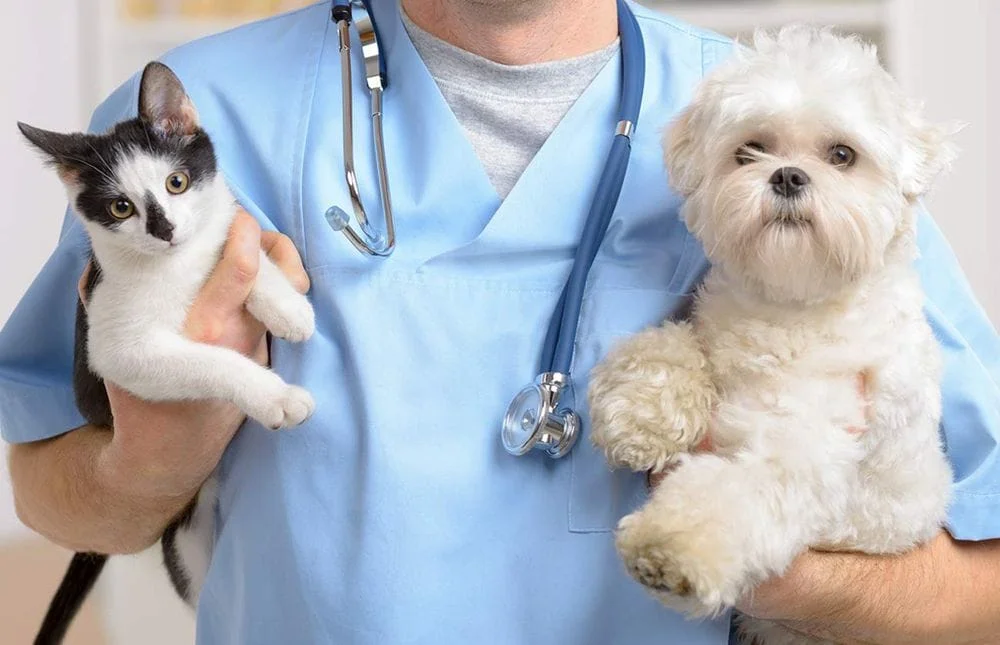Pet Surgery from Your Durham and Chapel Hill Veterinarian
When your family’s pet is in need of surgery, you want to go with a team of experts who have years of experience treating sick and injured animals in Durham and the greater Chapel Hill area. New Hope Animal Hospital is a full-service facility led by Dr. Soren Windram. Dr. Windram, along with our entire staff, is devoted to giving your dog or cat the best possible treatment possible, in a nurturing and caring environment.

Why Your Pet Might Need Surgery
Of course, not all ailments can be cured by letting the disease run its course while you provide support, such as medications. Surgery may be required for a number of reasons. For example, we provide emergency surgery for pets, such as when an animal has been injured by a motor vehicle or during a fight with another pet.
In other cases, surgery is elective but it is for the good of your pet. When we provide spay and neuter services, this is done not only to prevent unwanted pregnancies, but because the operation can improve the behavior of your pet cat or dog, as well as reduce the risk of contracting cancer.
Common Surgeries Performed at New Hope Animal Hospital
Our full-service animal hospital is set up to treat all sorts of common surgeries for your pet dog, cat and many other animals. The following are the most common procedures we offer:
- Spay and neuter
- Mass removal (such as a cyst or cancer)
- Foreign body removal (such as if your dog or cat has eaten something that is now causing problems in the gastrointestinal tract)
- Dental (repair work, removal of diseased or broken teeth)
Please reach out to our office to learn more about other surgery options we offer and to see what other animals that our vets treat besides dogs and cats.
The Importance of Anesthesia during Surgery
Pets will generally need some anesthesia before a surgical procedure, so it’s good for you to be prepared for this possibility. Your animal may need more anesthesia than another because of excitability. Pre-anesthetic sedation is useful for calming pets down before a procedure.
Anesthesia ensures that the pet will not be moving around in reaction to discomfort as our vet performs surgery. When the procedure has concluded, the anesthesiologist will reduce the anesthesia, gradually returning the pet to consciousness.
Once home, you may see some temporary changes in your pet’s behavior, such as seeming not to recognize home, other pets and members of your family, which can be disorienting. Keep young children away from a recently anesthetized pet to avoid accidental injury.
Treating Your Pet at Home after Surgery
After surgery, our team will provide you with a customized plan for treating your animal companion at home. It will contain details about what medications you should be giving during after care, and what types of treatment you might need to provide for post-op.
You should follow the instructions exactly while keeping a close eye on the progress of your patient. Of course, if any issues arise during home care, please contact our office for assistance and advice.
Schedule an Appointment for Pet Surgery at New Hope Animal Hospital Today
If your animal companion is in need of surgery, you’ll want to bring the pet to our state-of-the-art facility for immediate, expert treatment. For more information on our surgical services or to set an appointment with your preferred veterinarian in Durham and Chapel Hill, please contact New Hope Animal Hospital today.

